
Our aim
Research STEM is designed to empower students aged 16–18 by offering them an opportunity to participate in a dynamic programme that supports their ambitions and future career aspirations in science, technology, engineering, and mathematics.
This initiative is more than just a placement—it is a comprehensive experience focused on personal and professional development.
By combining academic enrichment with wellbeing and support, Research STEM prepares students not only for the next steps in their education but also for long-term success in their chosen careers. Our goal is to create a nurturing environment where young people feel part of something bigger—a community that champions their growth, curiosity, and potential.




Research STEM Impact
120
Projects completed
47.5%
Female researchers
75
Student Bursaries
What is Research
STEM?
A bespoke opportunity for students and supervisors to work together and undertake a two week placement to carry out a piece of research/investigation in any STEM subject area. This programme offers Year 12 students based within in the East of England and London the opportunity to gain hands on, face to face experience in a STEM focused organisation.
In addition to hands-on research opportunities, the programme includes:
- Upskilling workshops to build confidence and core competencies
- Additional training in key STEM and transferable skills
- Mental health and wellbeing sessions to promote resilience and self-care
- Mentoring and guidance from experienced professionals
- Report writing guidance with experienced professional
Why not take a look at some of our recent research projects below?
They offer a great insight into the diverse range of topics our students have explored and the real-world impact their work is making.
Understand the principles of ecology and the significance of biodiversity.
Identify native and invasive species in the local area.
Learn and apply techniques for habitat restoration, including planting native species and removing invasive plants.
Conduct before-and-after assessments of ecosystem health. Activities Field.
A unique opportunity for a student to learn how to integrate sensing, AI-driven decision making and AI agents using a Digital Twin approach. The student will implement these techniques to a mini construction site in the lab, enabling the autonomous control of construction machinery to achieve optimal cooperation and efficiency.
This project aims to equip students with the tools and skills necessary to research how the use of smartphone applications may support—or fail to support—patients’ mental and physical health outcomes. Students will then complete their research report and poster using the guidance provided by Research STEM.
The aim of this project will be to develop and test a methodology for landing gear weight estimation based on some simplifying assumptions and utilising existing open-source data. The landing gear assembly consists of many subcomponents and some unknown parameters, hence a quantified margin of error needs to be included in the estimate. This project is a part of a wider research effort investigating aircraft landing gears at Cranfield University in collaboration with Airbus under the LANDOne project.
About our team
We are a small, dedicated team of just three, covering every aspect of the programme - from administration and marketing to coordinating placements, running inductions and celebrations, and reviewing student reports.
With a wealth of experience and a hands-on approach, we take pride in delivering the highest quality experience for both our students and student mentors. Our team is known for being friendly, approachable and committed to making every part of the programme engaging and successful.

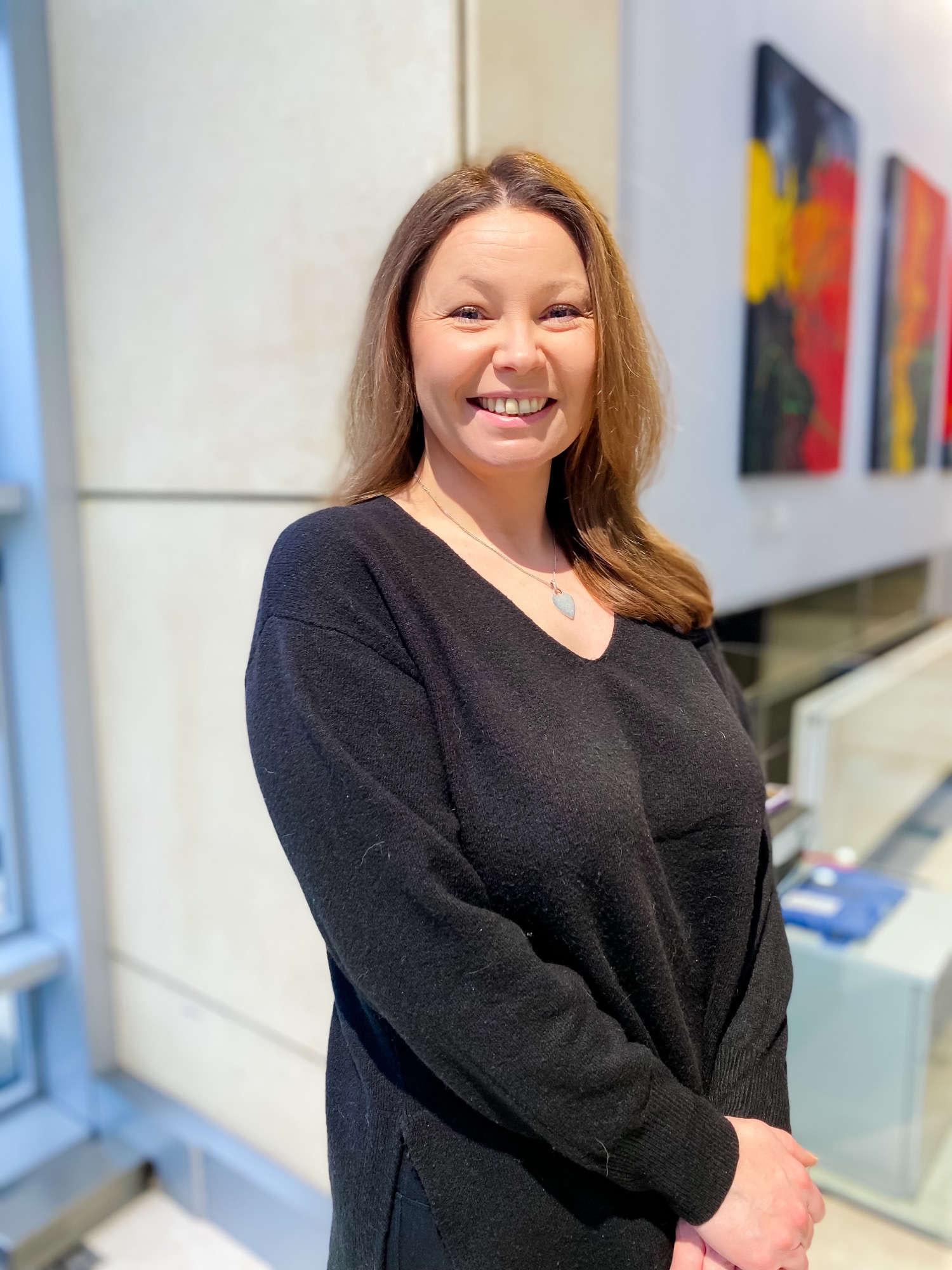
Julianne Law
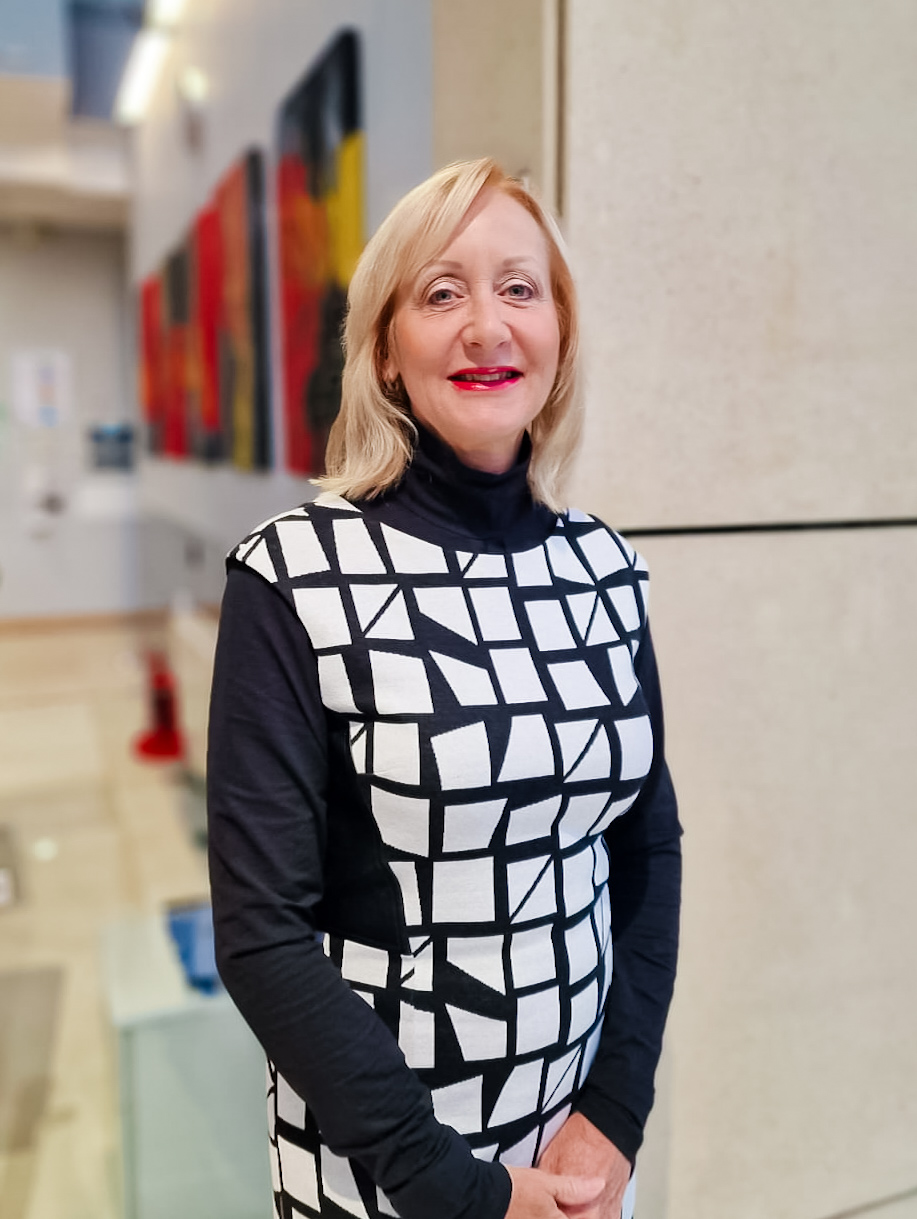
Julie Cattermole
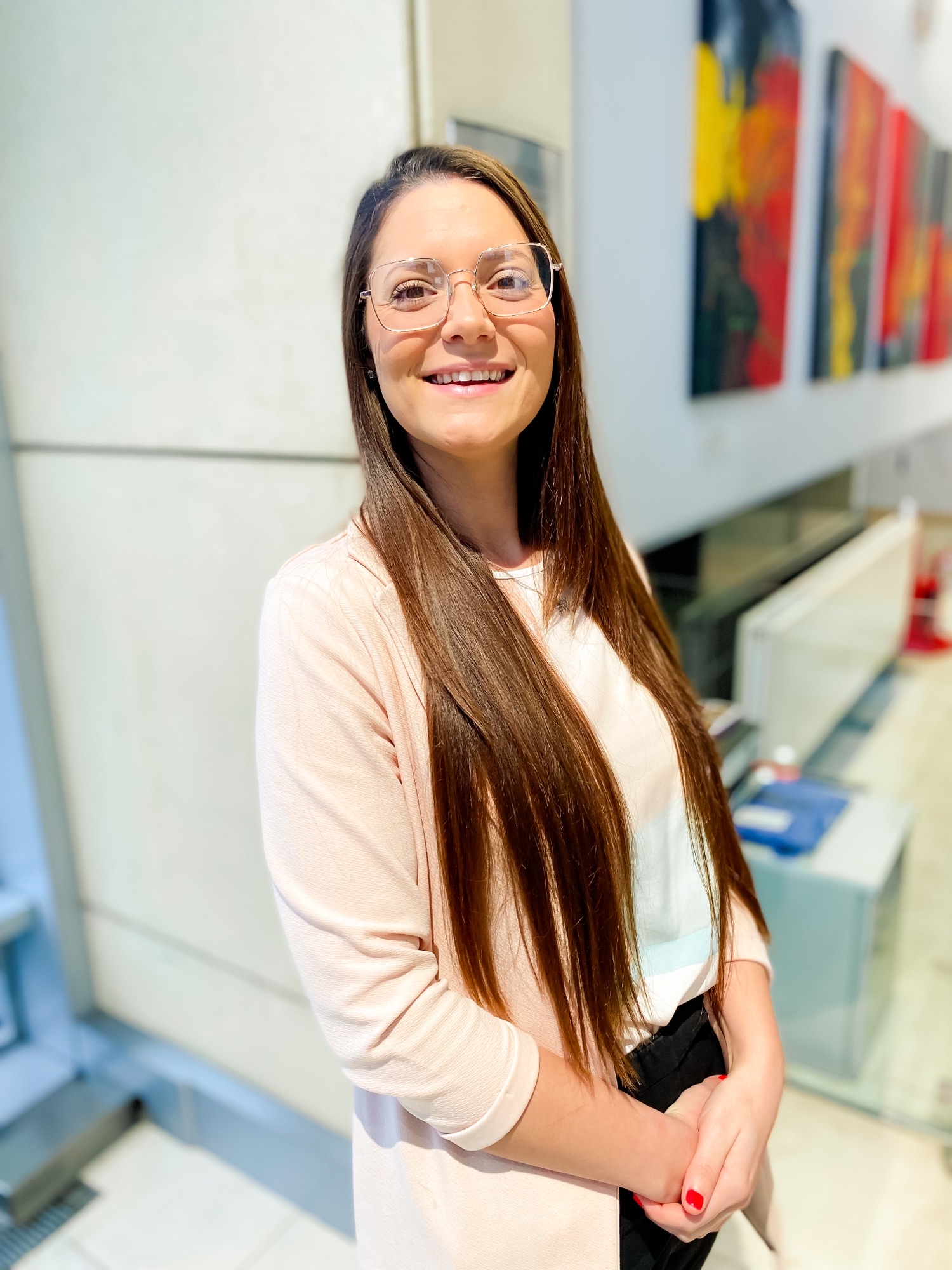
Chelsea Fordyce
Support by
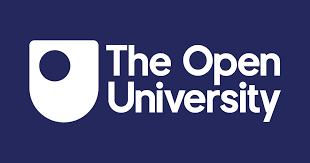

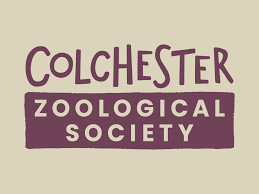
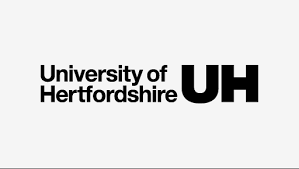
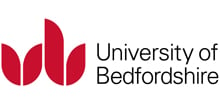

Check out our good news stories...
Year 12 student
"I see research as the most significant and impactful pathway to help me contribute to everlasting change in people's lives. Therefore, this placement is the perfect and optimal opportunity for me to explore and investigate that route further and develop the skills and experience needed for a future in healthcare and science."
-3.jpg?width=230&height=118&name=stempoint%20logo%20(002)-3.jpg)